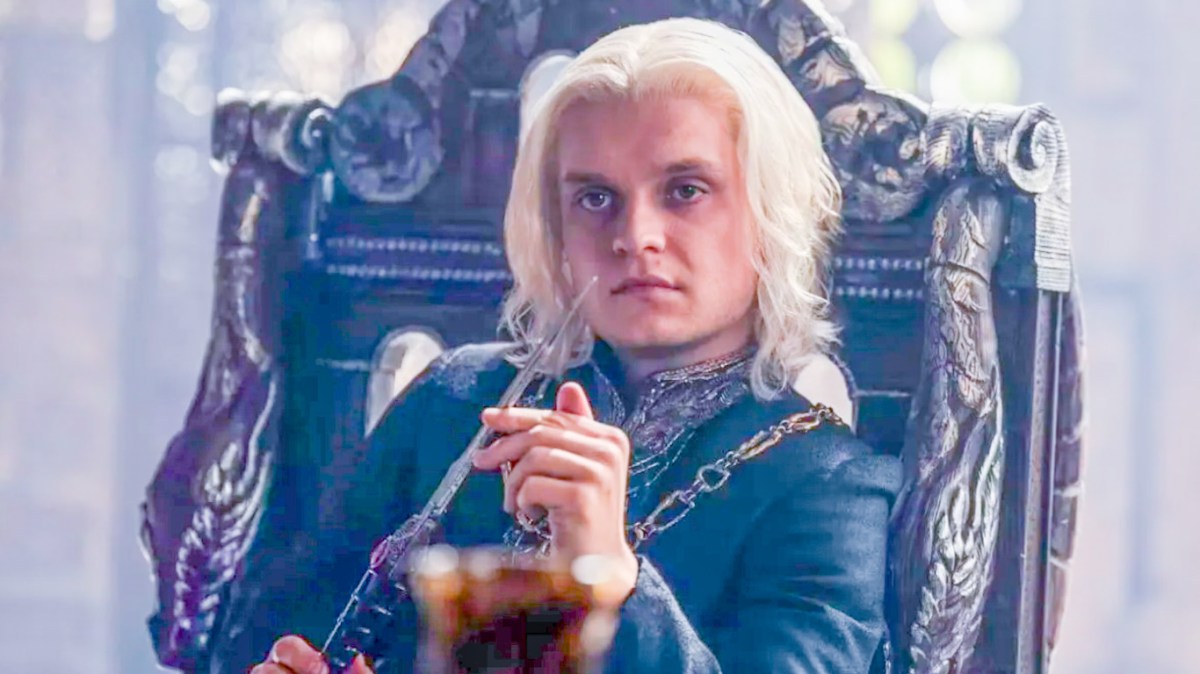House of the Dragon is already heating up with a fiery sibling rivalry between Rhaenyra and Aegon II Targaryen, both vying for the coveted Iron Throne.
As season 2 unfolds, we see Aegon II Targaryen taking the crown and embarking on his rule. During a grand ceremony, he is pronounced as “Aegon the Magnanimous” by the herald, signaling not just a new king but a new era.
All hail King Aegon! Aegon the Magnanimous! Second of his name! King of the Andals, and the Rhoynar, and the First Men! Lord of the Seven Kingdoms and Protector of the Realm!
But let’s pause and ask—what does “magnanimous” really mean? Derived from Latin, “magnanimous” combines “magnus” (great) and “animus” (soul), suggesting a person of great spirit and generosity. It implies a leader who is fair, forgiving, and morally upright. This title sets high expectations for Aegon II, painting a picture of him as a noble ruler potentially capable of great deeds and fairness in governance.
Historically, the use of such grand titles is commonplace. Monarchs throughout history have been given names that either glorify or vilify them. For example, Alexander the Great is celebrated for his expansive empire, contrasting sharply with Ivan the Terrible, remembered for his harsh rule. In the world of Game of Thrones, cognomens are pretty common too. Just look at Aerys II Targaryen, better known as the Mad King. Or his son Rhaegar, called the Last Dragon. Even Daenerys got in on the action with titles like Khaleesi, Mother of Dragons, and Breaker of Chains. Similarly, in House of the Dragon, Aegon I had the title of Aegon the Conqueror.
These cognomens offer insights into a character’s attributes and their rule’s impact. However, Aegon isn’t too happy with the title. After being crowned, he quickly feels that the title doesn’t suit the powerful image he wants to project. In a revealing scene, a drunk Aegon sits on the Iron Throne and voices his frustrations. He complains, “I need a style that demonstrates power and commands respect. No one knows what magnanimous means.”
According to Tom Glynn-Carney, who plays Aegon in the show, the king feels the word doesn’t convey the strength and authority he desires. This perspective is crucial, considering his role in the storyline where he not only claims the throne in a controversial manner but also ends up in direct conflict with his sister, Rhaenyra. This conflict escalates into a full-blown civil war, known as the Dance of the Dragons, positioning him as a central antagonist.

